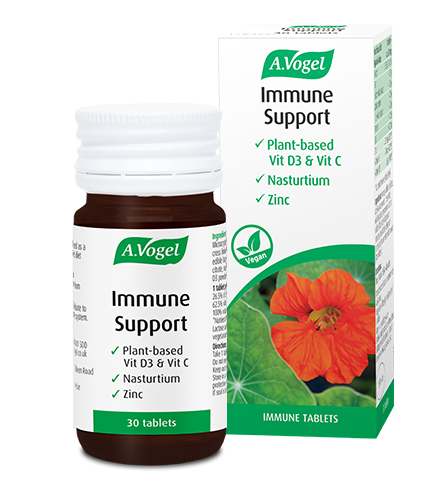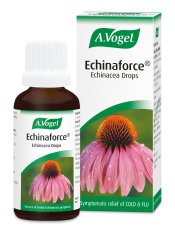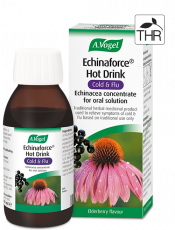Why might vitamin D help prevent colds and flu?
You may be thinking that vitamin D is supposed to help maintain healthy bones so how can it possibly help defend against cold and flu viruses too? Well, I featured vitamin D in my blog ‘3 essential vitamins and minerals for the immune system’ for very good reason! Vitamin D is closely linked to the immune system, helping to support its proper function and fight off colds and flu.1
The research
One particular study featured in the British Medical Journal has found evidence to support the suggestion that vitamin D could help prevent colds and flu. It looked at 25 previous studies that had examined the effects of vitamin D on acute respiratory tract infections such as colds and flu, as well as bronchitis and pneumonia. This review involved over 10,000 people and the results showed that vitamin D was useful in preventing respiratory tract infections, particularly when people had low vitamin D levels to start with.2
Nevertheless, as is often the case with scientific studies, there are some that would disagree with these conclusions.
Earlier research published in the Journal of the American Medical Association recruited over 300 participants for an 18-month study. They found that those who took vitamin D supplements were just as likely to develop infections as the control group who took a placebo. These researchers also concluded that vitamin D did not have any noticeable difference on the severity of cold and flu symptoms, how long they lasted, or the number of days that were missed from work.3
So, these are two quite different conclusions about the effects of vitamin D on colds and flu which would suggest there is still more research needed on the issue.
Should I consume more vitamin D?
Although the research into vitamin D and colds and flu has had some promising results, we need to be aware of the guidelines around taking supplements in order to see the best effects.
The NHS says that adults could consider taking a vitamin D supplement in the autumn and winter months when colds and flu are rife and there’s less sunshine about. However, these supplements should not exceed 10 micrograms of vitamin D daily. If you are at risk of a vitamin D deficiency, however, you could benefit from taking a supplement all year round.4
As well as thinking about how much vitamin D to take, the type of supplement you choose also matters a great deal. Some vitamin D supplements can contain a host of ingredients that will leave you puzzling over labels but to make things easier, here at A.Vogel we’re always happy to make a recommendation.
Our Balance Mineral Drink contains 200 IU of vitamin D per sachet so it is a good way to keep your intake up. This is in addition to other helpful nutrients like zinc, calcium, potassium and magnesium.
Another handy option is Immune Support. This contains 5 IU of vitamin D, alongside zinc and vitamin C which are also very beneficial for the immune system.
A.Vogel Immune Support Tablets with Vitamin D, Vitamin C and Zinc, 30 tablets
£13.99 (30 tablets) In Stock Get it tomorrow, 4th July.
Vitamin D and diet
Although it is difficult to get all the vitamin D you need through your diet, this is a good way to help top up your levels. There are, after all, a range of foods that contain vitamin D including mackerel, salmon, milk, almond milk, mushrooms and tofu.
You can browse our recipe hub for some tasty recipes that make use of these ingredients:
Are there other ways to fight colds and flu?
 Our Echinaforce Echinacea Drops are made from fresh Echinacea, a plant that has a long history in helping to fight colds and flu. Echinacea supports the immune system and in doing so helps to maintain the body’s resistance to viruses.
Our Echinaforce Echinacea Drops are made from fresh Echinacea, a plant that has a long history in helping to fight colds and flu. Echinacea supports the immune system and in doing so helps to maintain the body’s resistance to viruses.
This particular product stands out because the Echinacea is grown organically and then soon after it has been harvested it is put into the Echinaforce product. This means each bottle has many more active substances in it than if a dry herb were used. This, in turn, makes it more effective so this definitely gives you another option when it comes to tackling colds and flu!
1 https://www.ncbi.nlm.nih.gov/pmc/articles/PMC3166406/
2 https://www.bmj.com/content/356/bmj.i6583






 Looking to support your immune system? Well, look no further!
Looking to support your immune system? Well, look no further!


